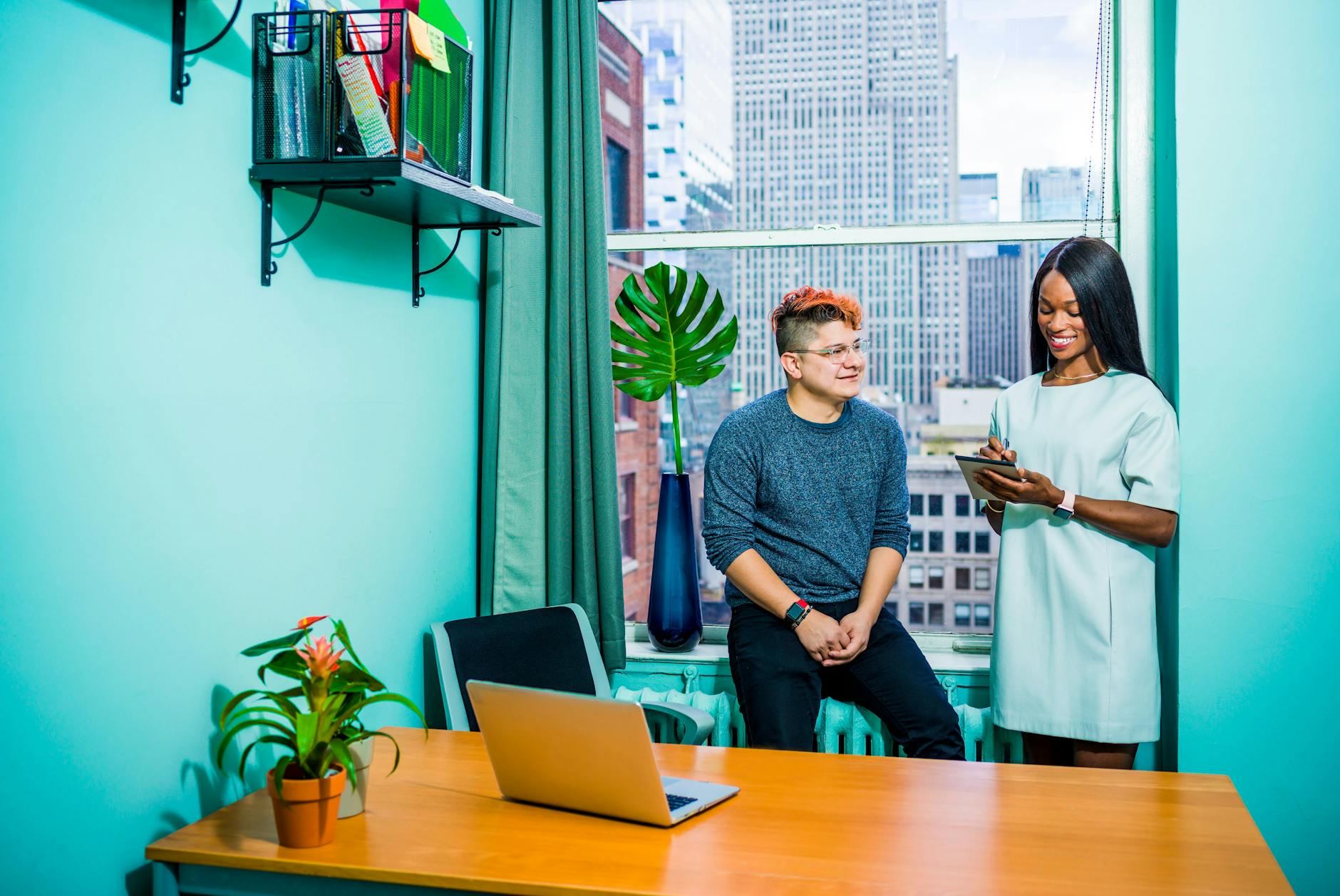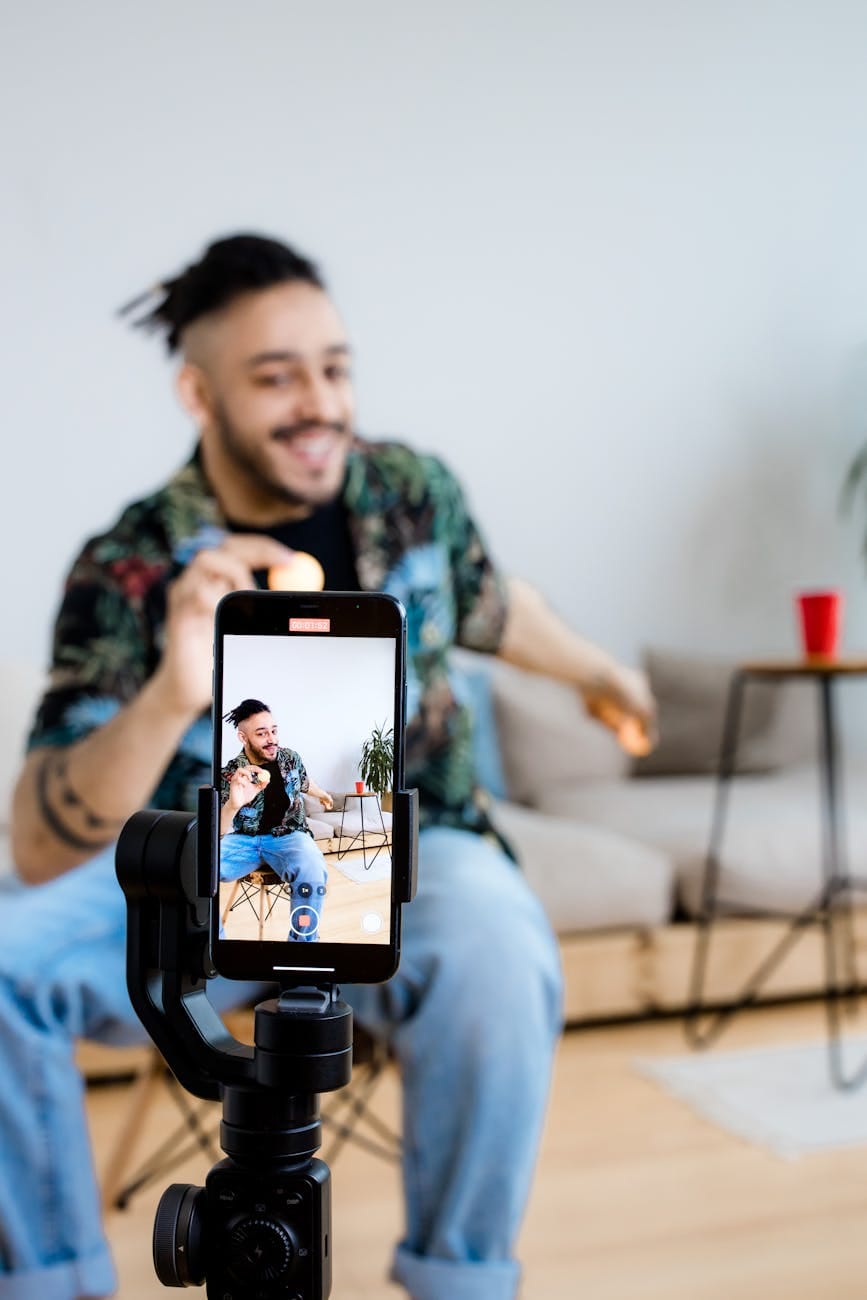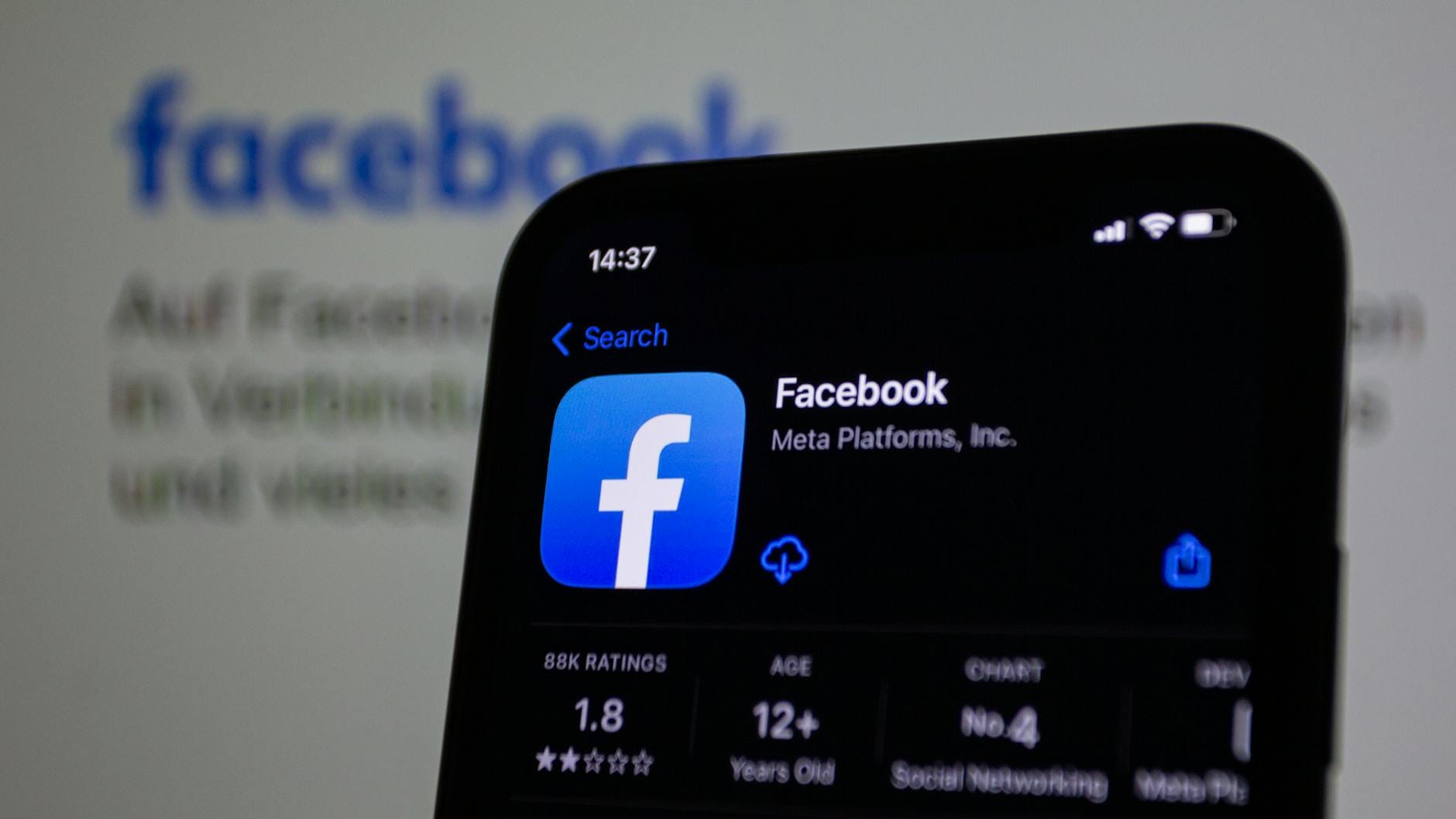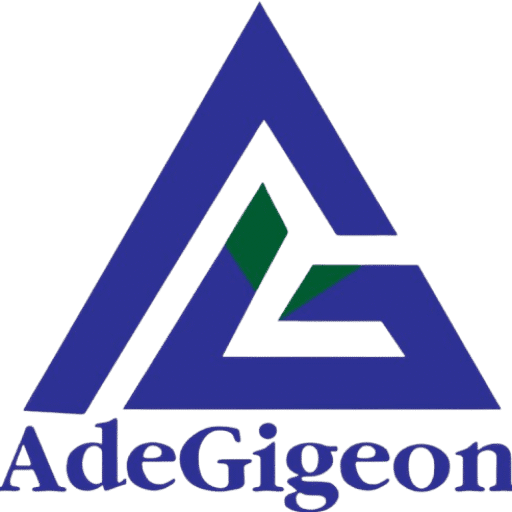Small businesses in Nigeria are constantly trying to stand out — especially in busy markets like fashion, beauty, education, and digital products. Maybe you’ve been posting on Instagram consistently, running occasional ads, or relying on word of mouth. Yet you still feel unseen or overshadowed by brands with a larger following, bigger budgets, or louder hype. That’s exactly why exploring 7 Practical Ways to Build Brand Awareness in Nigeria can make a real difference — so your business becomes known, trusted, and remembered in the minds of your audience.
Truth is, brand awareness is not just about “showing up more.” It’s about being remembered — so when your ideal customer wants to buy, they think of you first.
This article breaks down simple, practical ways to build brand awareness for small businesses in Nigeria — whether you run a boutique, a skincare brand, an online course, or a private school. We’ll explore strategies you can start applying today, even with a small budget. And yes, we’ll keep everything relatable, straightforward, and actionable.
Let’s get into it.
Understand Who You’re Trying to Reach

Before you try to get attention, you need clarity on whose attention you want.
This is where basic market research comes in — even something as simple as checking what your audience likes, comments on, or buys frequently.
If you want a deeper breakdown of how market research works, you can check this helpful guide on how to understand your audience through market research.
For this article, we’re focusing on two groups of Nigerian businesses:
1. The Visual Growth Founder (E-Commerce & Fashion Brands)
People in this group:
- Sell fashion, beauty, accessories, shoes, bags, skincare, etc.
- Live on Instagram and TikTok.
- Care about branding and visuals.
- Want their ads to lead directly to sales (not just likes).
Their biggest struggle?
They get engagement but not consistent sales.
2. The Credibility-First Director (Schools & Education Providers)
This group includes:
- Private schools
- Online educators
- Training academies and consultants
They value trust, reputation, and professional presentation.
Their biggest struggle?
They want quality leads that actually convert to enrollment.
Knowing your audience helps you choose the right channels, tone, visuals, and approach.
1. Show Up Consistently Where Your Audience Already Spends Time

Small businesses don’t need to be everywhere. You just need to pick the right platform and show up well.
There’s no point posting on five social networks if your customers only spend time on two.
If you’re not sure where your audience hangs out, this quick insight on how people discover brands online can help guide your choice.
For example:
| Business Type | Most Effective Platform | Why It Works |
|---|---|---|
| Fashion & Beauty Brands | Instagram + TikTok | Visual storytelling + impulse buying |
| Schools & Education Providers | Facebook + Google + WhatsApp | Parents research, compare and ask questions |
Your action step:
Pick one main platform and one supporting platform.
For example:
- Fashion brand: Instagram (main) + TikTok (supporting)
- School: Google Search (main) + Facebook (supporting)
2. Use Micro-Influencers (Not Celebrities or Big Influencers)

Influencers are powerful, but many business owners think they need influencers with 100k+ followers.
No.
Micro-influencers (1k–10k followers) often:
- Cost less (sometimes just product exchange).
- Have stronger trust and tighter communities.
- Fit small business budgets better.
Example for a Lagos boutique:
Partner with 5 micro-influencers who create styling reels with your outfits.
Ask each to post twice + repost across platforms.
Example for a private school:
Collaborate with parenting bloggers in your city to share school activities, teaching values, or open day announcements.
3. Build Local Search Visibility (So People Can Find You When They Need You)

This is especially important for:
- Schools
- Training centers
- Beauty studios
- Physical stores
If someone searches:
- “best nursery school in Surulere”
- “ready to wear boutique in Abuja”
You want your business to appear in the results.
To do this:
- Create or update your Google Business Profile
- Add high-quality images consistently
- Get reviews from real customers
- Use local keywords naturally in your descriptions
This works even if you don’t have a big website yet.
4. Tell Your Story Through Content — Not Just Product Posts

People remember stories — not catalog pictures.
For Fashion/E-Commerce Brands:
Share:
- Behind the scenes (“How we designed this”)
- Customer try-on videos
- Why your brand started
- Real-life product use
For Schools/Education Brands:
Share:
- Testimonials from parents/students
- Classroom activities
- School values and culture
- Graduates success stories
Your content should answer:
“Why should I trust you instead of the other brand?”
5. Run Strategic Meta Ads to Stay Top-of-Mind

Meta Ads (Facebook & Instagram) are great for:
- Awareness
- Retargeting
- Reminding people why they should choose you
For fashion brands:
- Run short video ads showcasing product movement and styling.
- Then run retargeting ads for people who viewed your page or website.
For schools:
- Run awareness ads showing school activities or learning environment.
- Then retarget parents who clicked to learn more.
Even ₦1,500 – ₦5,000/day can make a meaningful difference when done correctly.
If you want to move beyond basic boosting and implement advanced Meta funnel strategies, check out our Meta Ads Management service that focuses on creative, targeting and conversion-optimization tailored for your business.
6. Create a Community, Not Just an Audience

Audience = people watching you.
Community = people connected to you.
You can build community through:
- WhatsApp broadcast lists
- Parent groups
- Fashion styling groups
- Student alumni groups
- Loyalty / VIP customer lists
When people feel seen, they stay longer with your brand.
7. Track Your Growth (So You Know What’s Working)

Your efforts should lead to measurable improvements.
For E-Commerce Brands (Visual Growth Founder)
Track:
- ROAS
- Conversion rate
- Average order value
- Repeat purchase rate
For Education Providers (Credibility-First Director)
Track:
- Cost per inquiry
- Cost per enrollment
- Lead quality score
- Google ranking for location-based search terms
This helps reduce wasted spend and improve campaign performance.
Bringing It All Together (Soft CTA, Not Salesy)
Growing brand awareness isn’t about shouting louder — it’s about clarity, consistency, storytelling, and smart distribution.
Whether you’re running a boutique or managing a school, the goal is the same:
Be known. Be trusted. Be remembered.
If you’d like to go deeper into:
- SEO to improve visibility
- Meta Ads for awareness and retargeting
- Google Ads for high-intent buyers
You can explore more of my digital marketing guides and resources.
I share step-by-step strategies, templates, and case studies tailored to small Nigerian businesses.
You can also learn more about what we do here:
👉 See how we help small businesses grow
Your brand deserves to be seen — let’s make sure it is.



